The situation in Goma is becoming increasingly dire, with the death toll continuing to rise following the recent fighting.
The city is grappling with the heartbreaking sight of bodies floating in Lake Kivu and others still being retrieved from around the area.
Bounena Sidi Mohamed, the deputy director of the UN Office for the Coordination of Humanitarian Affairs (OCHA), reported that at least 2,000 bodies had already been buried by local communities. The World Health Organization (WHO) added that around 900 bodies are still being held in morgues. Many decomposing bodies remain in areas like the airport and prison, further complicating the crisis.
The ongoing violence has left Goma’s medical facilities overwhelmed and struggling to cope. Infections are a major concern, with hospitals unable to maintain proper hygiene and sanitation. Some patients have tragically died while on life support, and others have had to suspend procedures due to power outages, leaving them unable to use essential equipment like operating theatres or sterilization tools. The International Committee of the Red Cross (ICRC) has expressed deep concern over these conditions, with hospitals unable to provide the care needed.
On top of that, the disruption to the city’s drinking water supply is another pressing issue. Many residents have been forced to drink untreated water from Lake Kivu, putting them at risk of diseases like cholera, which is common in the region. The shortage of medical supplies is also making it harder for aid workers to respond effectively.
Also Read; NEMC Expands Environmental
Oversight in Central Zone
According to Ms. Mohamed, there are only 500 body bags available, far fewer than needed, and this shortage is adding to the strain on local communities.
As the crisis worsens, there’s a critical need to reopen Goma’s airport. This would allow the arrival of much-needed medical supplies, aid, and support for those affected by the conflict. The airport is also essential for evacuating the wounded and facilitating the delivery of humanitarian assistance, which is vital for the survival of those still in the city.
The situation in Goma remains incredibly challenging, with both the death toll and the number of people in need of urgent help rising daily. With the ongoing conflict showing no signs of easing, humanitarian organizations are calling for immediate action to provide relief, restore access to clean water, and ensure that the health care system can cope with the overwhelming number of casualties. The people of Goma are in desperate need of peace, stability, and support.

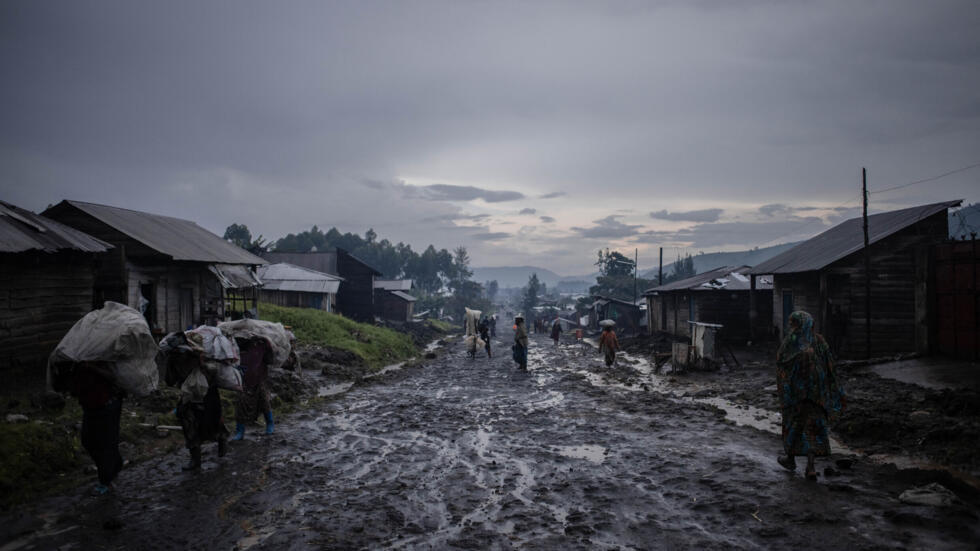
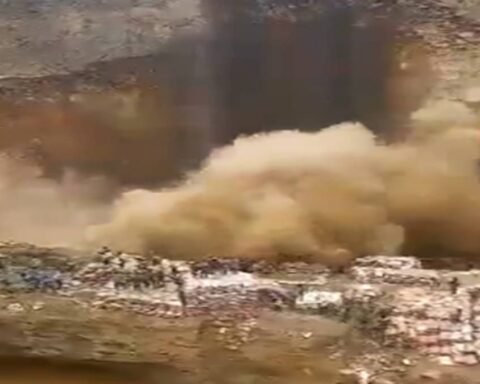
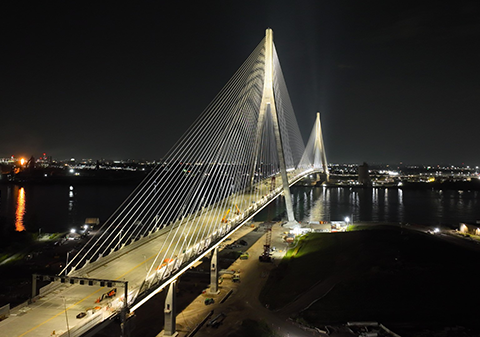
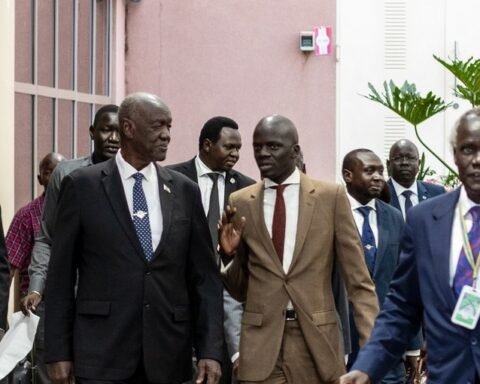
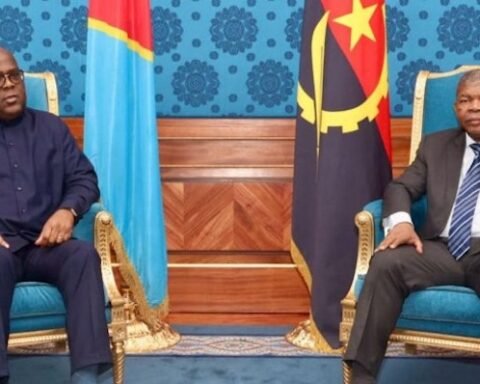


“This article is real
“Your writing style is engaging and clear, love it!”